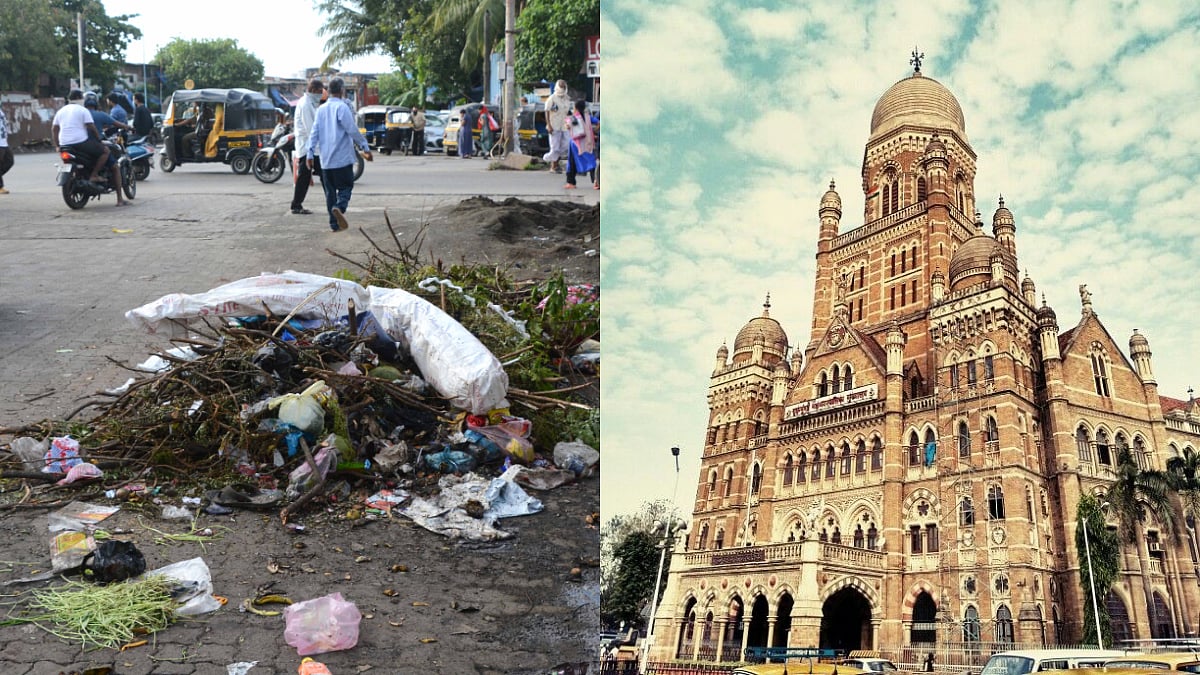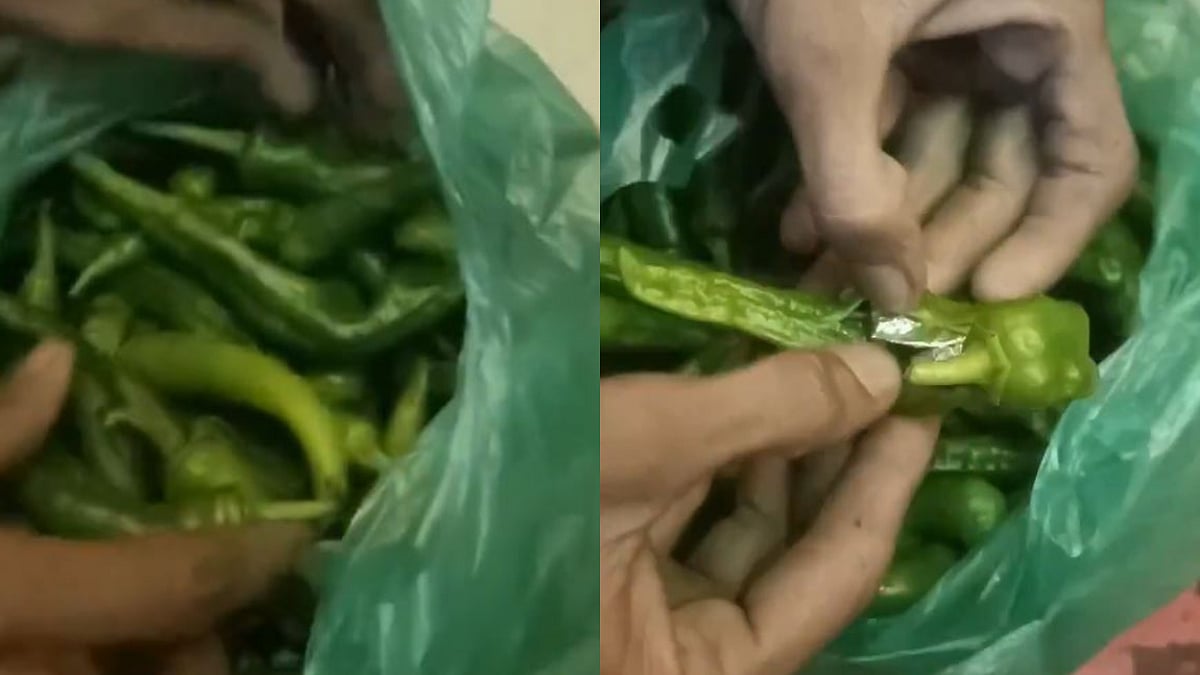Lucknow: As the festive season peaks, food safety officials in Uttar Pradesh have uncovered a large-scale racket of fake paneer (cottage cheese) being produced using harmful chemicals such as urea, detergent, and Tinopal—an industrial-grade whitening agent used in detergents.
The Food Safety and Drug Administration (FSDA) has launched a statewide crackdown, warning that consumption of such toxic paneer could cause serious health hazards, including liver and kidney damage.
According to FSDA officials, the counterfeit paneer is being manufactured in bulk across districts like Noida, Hapur, Meerut, Agra, Kanpur, Unnao, Lucknow, Bareilly, and Gorakhpur. These fake products are reportedly made by mixing palm oil, detergent, urea, and synthetic chemicals instead of milk. To make it appear fresh and white, manufacturers are adding Tinopal and ‘Ala’—both used in textile and detergent industries for bleaching and whitening.
“Tinopal is an optical brightener meant for cloth detergents, and ‘Ala’ is a chemical used in fabric bleaching. Both are extremely toxic and unfit for human consumption,” said Harishankar Singh, Joint Commissioner (Food), FSDA. He added that teams have been destroying adulterated paneer and related products worth nearly Rs 1.5 crore since the special inspection drive began on October 8. The operation will continue till October 17, and police assistance has been sought to nab the culprits.

Officials revealed that the expertise behind this fake paneer trade has come from Rajasthan. “Artisans from Alwar and nearby districts of Rajasthan have introduced this dangerous method. They produce the paneer overnight in one district and transport it to local markets before fleeing the area by morning,” an FSDA official said. The department has now intensified surveillance in districts bordering Rajasthan.
Doctors have warned that consuming such chemically laced paneer can have devastating health effects. “This paneer acts as a slow poison. Urea, detergent, and Tinopal, when ingested, enter the bloodstream and increase toxins in the body. They severely damage the liver, kidneys, and digestive system and may even cause cancer in the long run,” said Dr Sumit Roongta, Head of the Gastroenterology Department at KGMU.
He added that initial symptoms of consumption include stomach pain, vomiting, allergies, and indigestion, while long-term intake may lead to heart problems due to the trans fats present in hydrogenated oils used in fake paneer.
How to identify fake paneer
Experts suggest several ways to distinguish between genuine and adulterated paneer. Real paneer is soft, milky in aroma, and floats in water, while fake paneer is rubbery, emits a chemical smell, and sinks in water. When rubbed, fake paneer feels sticky and bounces back like plastic when pressed. If dipped in hot water, it may start melting or disintegrating, leaving behind an oily residue. Applying iodine tincture on genuine paneer shows no color change, whereas fake paneer turns blue or black due to the presence of starch.

The FSDA has urged people to remain vigilant and report any suspected adulteration or sale of fake dairy products. “We are committed to eliminating food adulteration. Citizens can report suspicious activities on WhatsApp number 9793429747. The identity of informants will be kept confidential,” said Dr Roshan Jacob, Commissioner, FSDA.
Authorities have already seized and destroyed a large quantity of fake paneer and other adulterated food materials across the state. As Diwali approaches, the FSDA has intensified its inspections, warning traders against indulging in food adulteration and urging consumers to buy dairy products only from trusted and licensed outlets.









